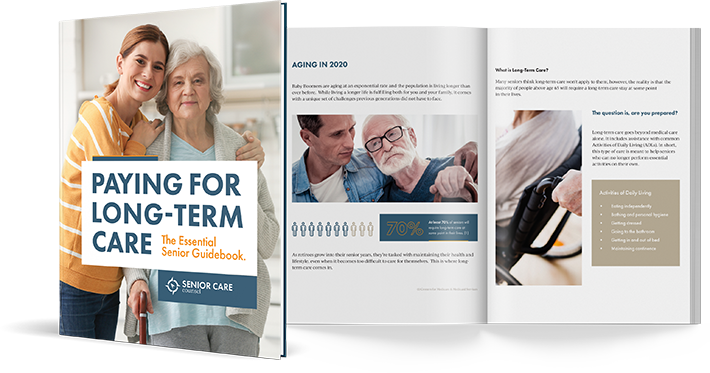Nursing Home Resident Rights

Whether it’s part of a long term care plan or the result of a sudden need following a medical event, moving a loved one into a nursing home can spark feelings of fear and uncertainty.
That’s why it’s important to stay informed. Family members who understand nursing home resident rights and protections are better able to troubleshoot potential problems that may arise and ensure that their loved one receives peace of mind and quality care.
Fortunately, both federal and state laws provide a strong foundation of protections for nursing home residents. In this post, we’ll break down those rights and explain how they empower residents to live with dignity and autonomy.
What Rights Do Nursing Home Residents Have?
Nursing home resident rights are outlined and protected under the Federal Nursing Home Reform Act, which ensures that each resident receives care that promotes their physical, mental, and psychosocial well-being. These rights include, but are not limited to:
- The right to be treated with dignity and respect: Residents should be free from nursing home abuse, neglect, and mistreatment. They are entitled to make personal decisions, such as what to wear and how to spend their time.
- The right to participate in their own care: Residents must be informed about their medical condition and treatment. They have the right to participate in care planning and to refuse treatment.
- The right to privacy and confidentiality: This applies to personal care, medical records, and communications with loved ones or advocates.
The right to make complaints: Residents can voice grievances without fear of retaliation. Nursing homes are required to address complaints and involve a grievance official.
The right to visits: Family members, friends, and advocates must be allowed to visit, subject to reasonable restrictions—something that became particularly important during and after COVID-related lockdowns. - The right to freedom from discrimination: Nursing homes that accept Medicare or Medicaid cannot discriminate based on age, race, color, religion, disability, or national origin.
Read more: Helping Your Elderly Parents Move
Why These Rights Matter
Long-term care facilities are meant to be a safe haven, not just a place to receive medical attention. Resident rights are designed to protect against isolation, exploitation, and neglect—issues that unfortunately still affect many seniors each year.
Awareness is the first step. Families who understand the rights protected under elder law are more likely to advocate effectively for their loved ones and recognize when something is amiss.
How Can Residents and Families Protect These Rights?
- Review the facility’s Resident Bill of Rights: All Medicare- and Medicaid-certified facilities are required to provide a written list of nursing home resident rights upon admission.
- Build relationships with staff: Open communication with caregivers and administrators can help prevent issues and foster mutual respect.
- Stay involved: Regular visits, family councils, and care plan meetings are excellent ways to stay informed and advocate for loved ones.
- Report concerns promptly: Contact the facility’s ombudsman or your state’s Department of Health Services if you suspect nursing home abuse or other violations.
Read more: What Is Elder Law?
Where to Turn for Help
It’s not always easy to advocate for a loved one, especially during emotional or high-stress transitions. That’s why our team offers resources and connections to help you understand your options and protect your family’s best interests.
[FREE] GET OUR PLANNING GUIDE:
"Paying for Long-Term Care - The Essential Senior Guidebook"This guide takes a deep dive into the landscape of long-term care and how to pay for it without going broke, including the answers to your top questions surrounding Medicaid.
GET MY COPY
